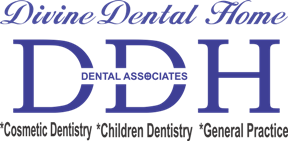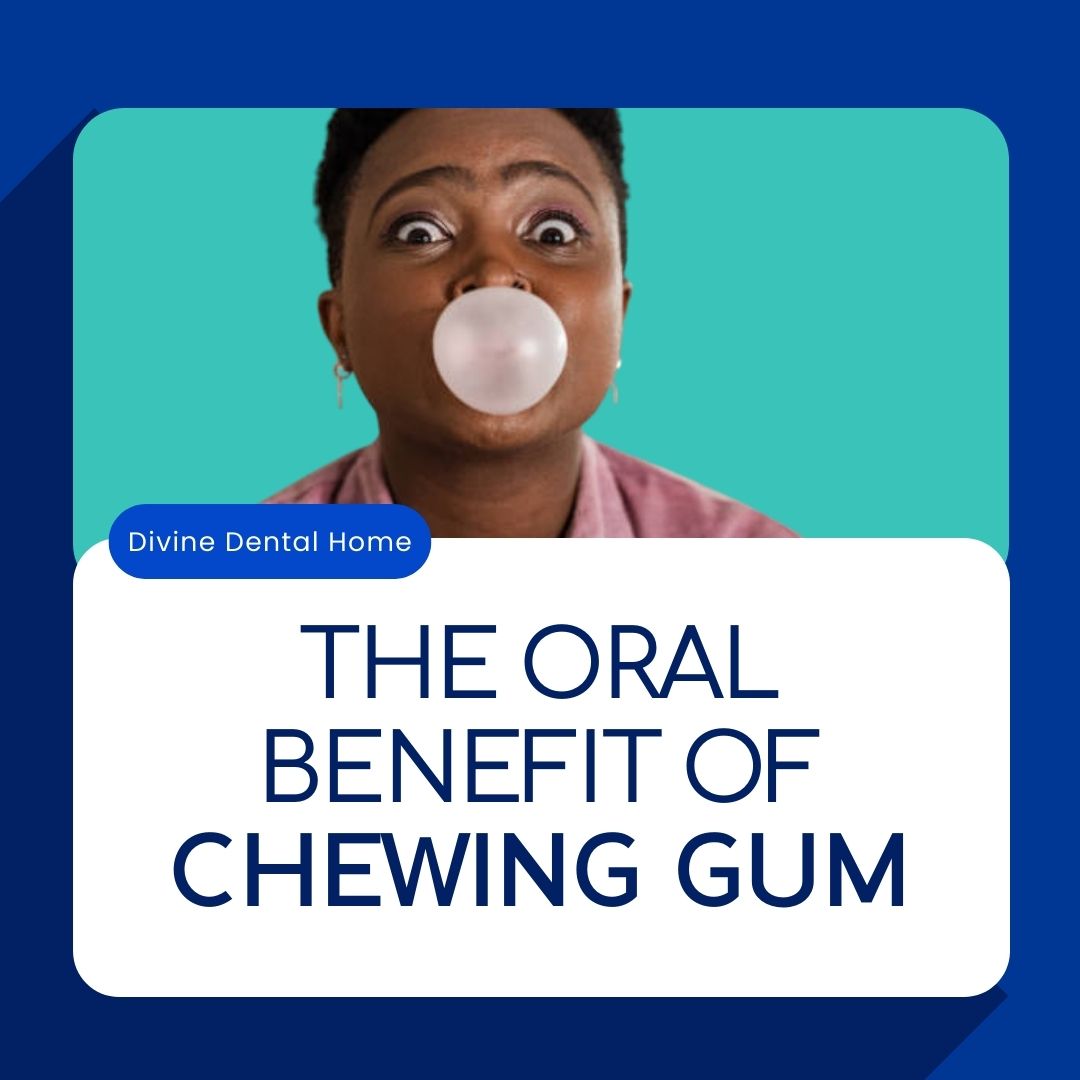
Chewing gum has been around for thousands of years. Both the ancient Mayans and Aztecs chewed a chicle substance to clean teeth, get rid of bad breath, fight hunger, and quench thirst. But can modern-day chewing gum be good for your health? Sugar-free gum can offer certain advantages for oral health and beyond.
1. Combating Bad Breath
We’ve all experienced bouts of bad breath. Strong-smelling foods like garlic, onions, and spices can leave a bad taste in your mouth and a foul odor in your nose. But bad breath can also be a symptom of more serious oral health conditions like gum disease or dry mouth.
While flavored chewing gums won’t cure these conditions, they can help mask bad breath quickly. Pop in a piece of your favorite minty sugar-free gum the next time you need some bad breath relief.
2. Preventing Tooth Decay
According to an experiment in the Journal of Oral Science, participants who chewed gum with the sugar-free sweetener xylitol had fewer oral bacteria in their mouths shortly after chewing. The American Dental Association(ADA) also states that people can reduce their tooth decay risk by chewing sugar-free gum right after eating.
Remember that gum isn’t a substitute for regular brushing and cleaning between your teeth with floss, water flossers, interdental cleaners, and other products. Proper oral hygiene helps prevent plaque, gingivitis, tartar, cavities, and bad breath. Chewing sugar-free gum after dinner can help remove food and bacteria from your teeth until you make it to your toothbrush.

3. Increasing Saliva Flow
Another significant benefit is that it can relieve the discomfort of a dry mouth. Saliva does a lot of good for your mouth, and chewing gum helps promote saliva flow. People with dry mouths may experience discomfort eating, swallowing, or speaking. When you chew, your jaw muscles push on your salivary glands, releasing saliva. So, by chewing gum regularly, you can help increase saliva and relieve the symptoms of dry mouth.
4. Whitening Teeth
You might wonder: Does chewing gum whiten teeth? Many habits can lead to discoloration on teeth surfaces, including drinking coffee and smoking. Thankfully, whitening products can help remove some surface stains, including toothpaste, at-home whitening kits, and even chewing gum.
Several whitening chewing gums exist in stores today. These products are chewed after meals to help wash away food particles that could cause stains by stimulating salivary flow. Then, the whitening ingredients coat the teeth to help prevent future staining. As a bonus, teeth whitening treatments have also been known to increase teeth sensitivity, and it might help with that, too!
It Fights Drowsiness
If you find it difficult to stay focused at work, try chewing some gum. A study recently revealed that doing so will help you feel alert and fight back drowsiness. But it is recommended that you choose mint-flavored gum to get the best results.
Reduces Heartburn
If you suffer from excess heartburn, try popping in some gum after a meal and it will help lower the acid levels in your stomach. This effectively fights back acid reflux and heartburn. Choose a sugarless mint-flavored gum for the best results.
Chewing gum has numerous other benefits to your health as long as you use it moderately and stay with sugarless alternatives. Remember that chewing gum shouldn’t replace your oral care routine — keep brushing and flossing those teeth — but it certainly can provide a healthy treat after a meal.




